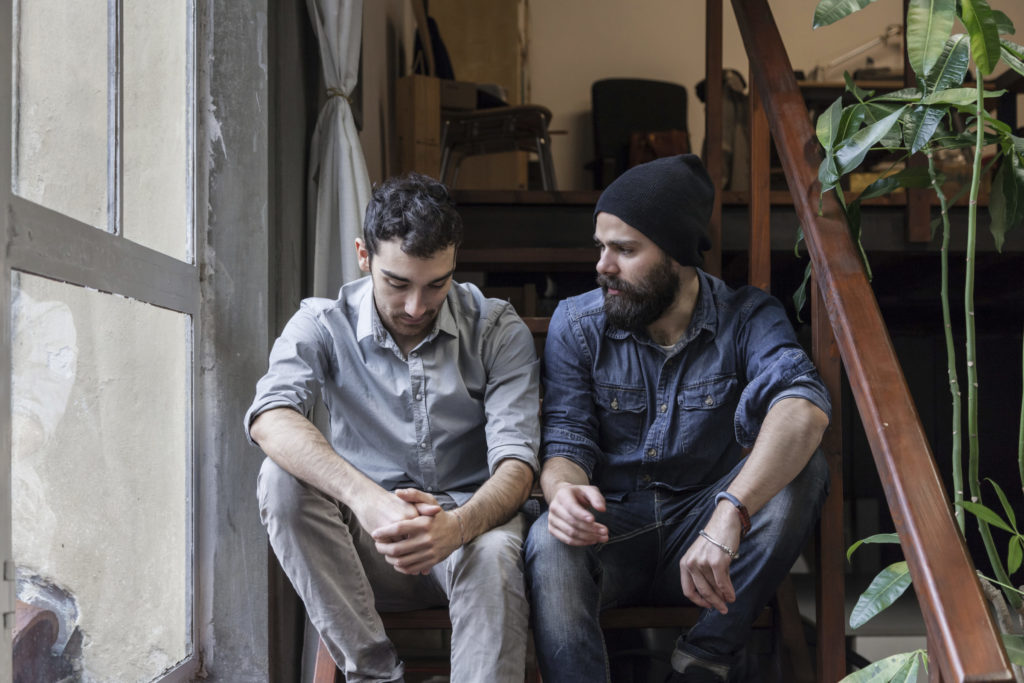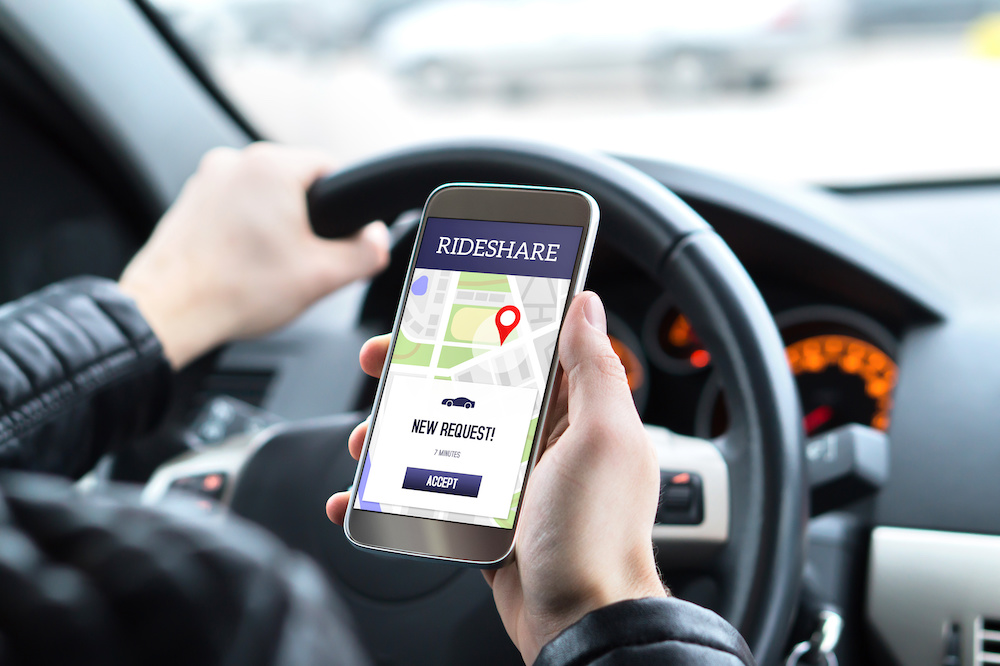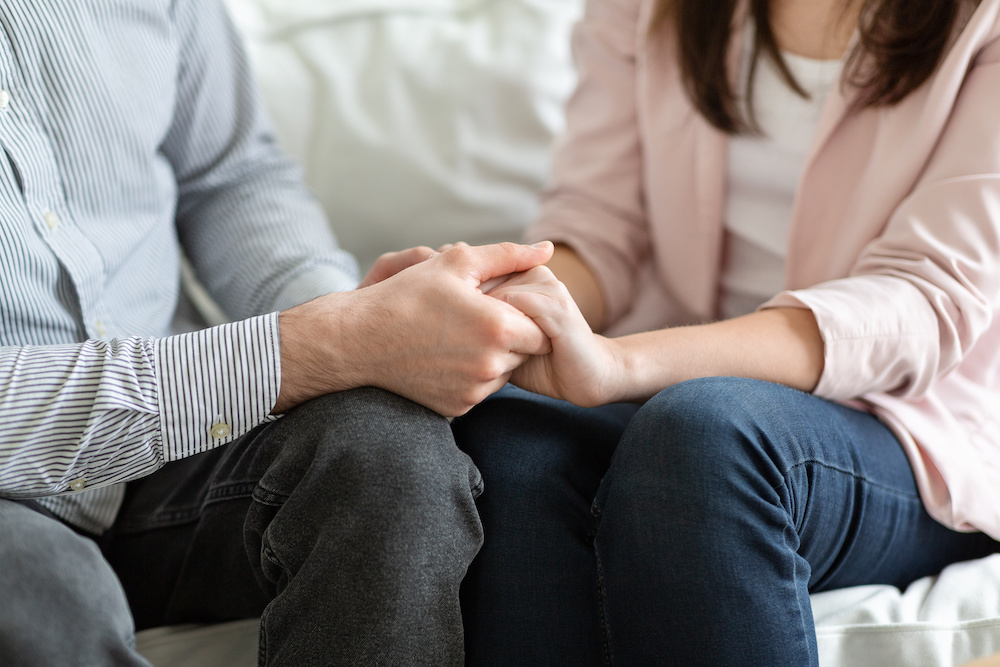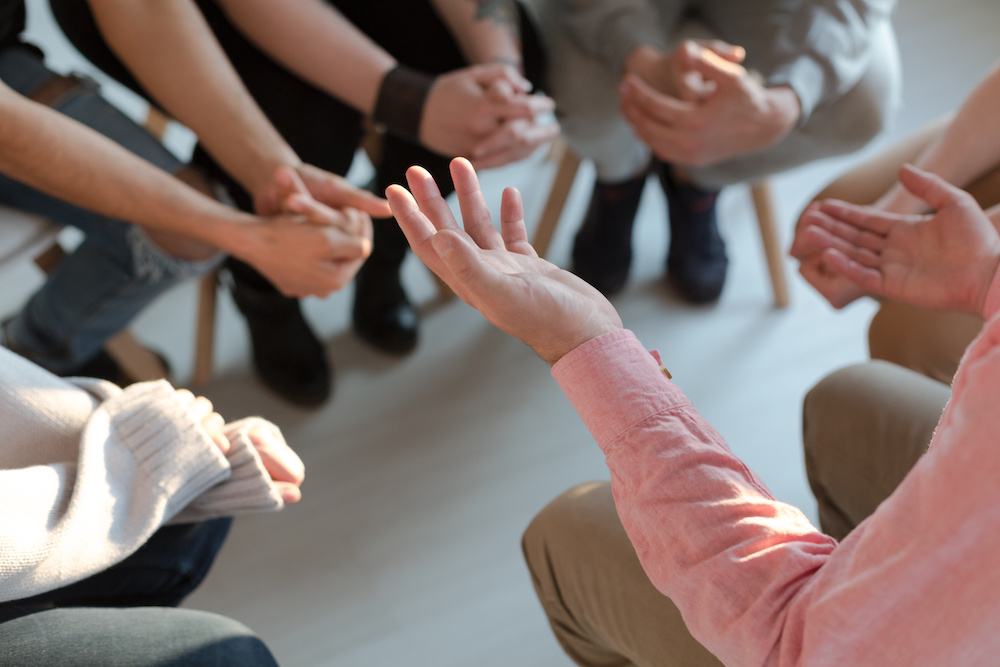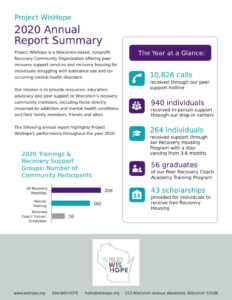WisHope launched in Sauk County this spring
Posted: June 18, 2021 5:18 PMUpdated: June 18, 2021 6:22 PM by Madalyn O’Neill
MADISON, Wis. – Addiction is a lonely road already. COVID-19 only drove friends and family farther away.
“The pandemic really was isolating for a lot of people,” said Sara Jesse, a community health strategist with the Sauk County Public Health Department.
The number of drug overdose deaths in the county rose from 13 in 2019 to 21 in 2020.
“We are so concerned about the spike of overdoses in our community during the pandemic,” Jesse said, adding that the numbers represent both accidental and purposeful overdoses. “I can tell you, Sauk County typically sees about 14 overdose deaths per year, which is already astronomically high given our population.”
“Isolation, loneliness, not being able to work and meet their needs, those are huge triggering factors for people to relapse and use,” said Ryan Ramnarace, a peer recovery coach.
A new opportunity to save lives
Baraboo Paramedic Niko Oehlenschlager never gets used to helping people through an overdose — certainly not when they don’t make it through.
“Patients’ families stick out the most,” Oehlenschlager said. “It’s a profound feeling of helplessness. It’s palpable.”
Usually, his work doesn’t go beyond the incident itself.
“Typically in my work, we don’t see the other end after we make contact with the patient,” Oehlenschlager said.
“It’s really frustrating because we don’t know the people being treated by EMS and being released out there into the night,” Ramnarace said.
As a peer recovery coach, Ramnarace leads people through the often-overwhelming recovery landscape, in part by connecting his own past experience.
“To be real honest, at one time, I used to be part of the problem in Sauk County,” he said, adding that he spent 14 years in prison for drug conspiracy. “It drove me, made me want to be part of the solution.”
Now part of that solution is WisHope, which pairs up coaches like Ramnarace with EMS responders like Oehlenschlager. The two have gone back to patients Oehlenschlager helped save in the days after an overdose. Referrals after such incidents can provide a unique opportunity for the team to reach people who need help.
“We haven’t really been offered an opportunity like this before,” Oehlenschlager said. “We can provide some sort of safety net.”
WisHope, which partners with agencies throughout the state, is led by Peter Brunzelle.
“It’s both heartbreaking and a blessing,” Brunzelle said. “It’s too often we lose people, especially now.”
COVID-19 has stopped people from connecting, interrupting in-person groups and therapy. He wants to strengthen that connection again.
“The more we can shift culture toward helping and reaching out instead of looking away, the more people are going to get connected,” Brunzelle said.
As part of the program, they have set up a hotline (844-WIS-HOPE) and a website found here with a map of available resources that helps cut through the many fake options Brunzelle said show up during a Google search.
Part of a recovery coach’s job is to bring lived experience with substance abuse, along with connecting people with resources.
“Part of my job is being a resource broker,” Ramnarace said. “I try to help and show people there is a life after use.”
While he can offer options, he can’t make people go down that road. But he can walk with them every step of the way.
“The heart of peer support is walking with them on their journey,” Ramnarace said.
“Drug users are not criminals. They’re you and I walking around on our streets, we would never suspect are struggling,” Jesse said. “It has been criminalized, but what they really need is treatment, support. It’s a medical connection once they are addicted.”
COPYRIGHT 2021 BY CHANNEL 3000. ALL RIGHTS RESERVED. THIS MATERIAL MAY NOT BE PUBLISHED, BROADCAST, REWRITTEN OR REDISTRIBUTED.
DUI Can Have Lasting Repercussions. Plan Ahead and Be Ready.
When sober, most of us know that driving under the influence (DUI) can pose a huge risk. However, with decision-making…
Read MoreThe Shadow Work in Addiction Recovery
Deep in the unspeakable recesses of each person’s mind lie fundamental thoughts spurring action, memory, and habit. Though there are many different…
Read MoreWho Deserves Second Chances, and Who Sets the Standards?
Forgiveness takes on a spectrum of meanings that shape personality in unexpected ways. While many preach free and infinite forgiveness,…
Read MoreFeel Alone in Sobriety? Connect With Recovery Through Community
Staying sober entails some pretty big asks: self-love, honesty, accountability, patience, and independence. Accompanying many of these asks — but independence…
Read MoreSometimes Inaction Is the Right Action
Staying alone with one’s thoughts becomes an exercise of mindfulness when in the presence of alcohol and/or use disorder. A…
Read MoreAnxiety Eating at You? Refuel With a Nutritious Diet for Recovery
Addiction takes a toll on the mind and body — namely, the digestive system. Gut health impacts overall well-being in…
Read MoreAddiction Can Feel Like a Battle. How Do We Deal With Someone Losing?
Even when the risks are abundantly clear. Even when a loved one appears unchanged from the outside looking in. Even…
Read MoreAdmitting to Cravings Is Recovery in Action: Making the Case for Celebrating Vulnerability
You’ve been there before — the desire to use storms back with a vengeance, leaving the recovering individual in a…
Read MoreAddition by Subtraction: How Removing Yourself Can Spur a Loved One’s Recovery
Maintaining a relationship through recovery from alcohol and/or substance use disorder takes hard work, effective communication, and explicit boundaries. As…
Read MoreHow Technology and Addiction Work in Tandem
Over a span of 20 years, technology has revolutionized our economy, communication, socialization, and more. Coping with recovery from alcohol…
Read More
